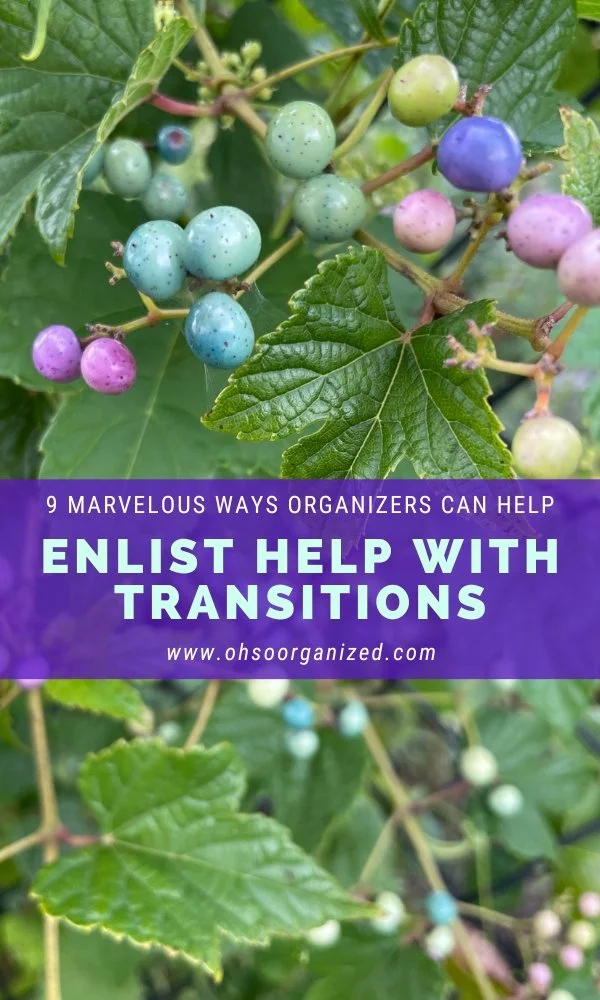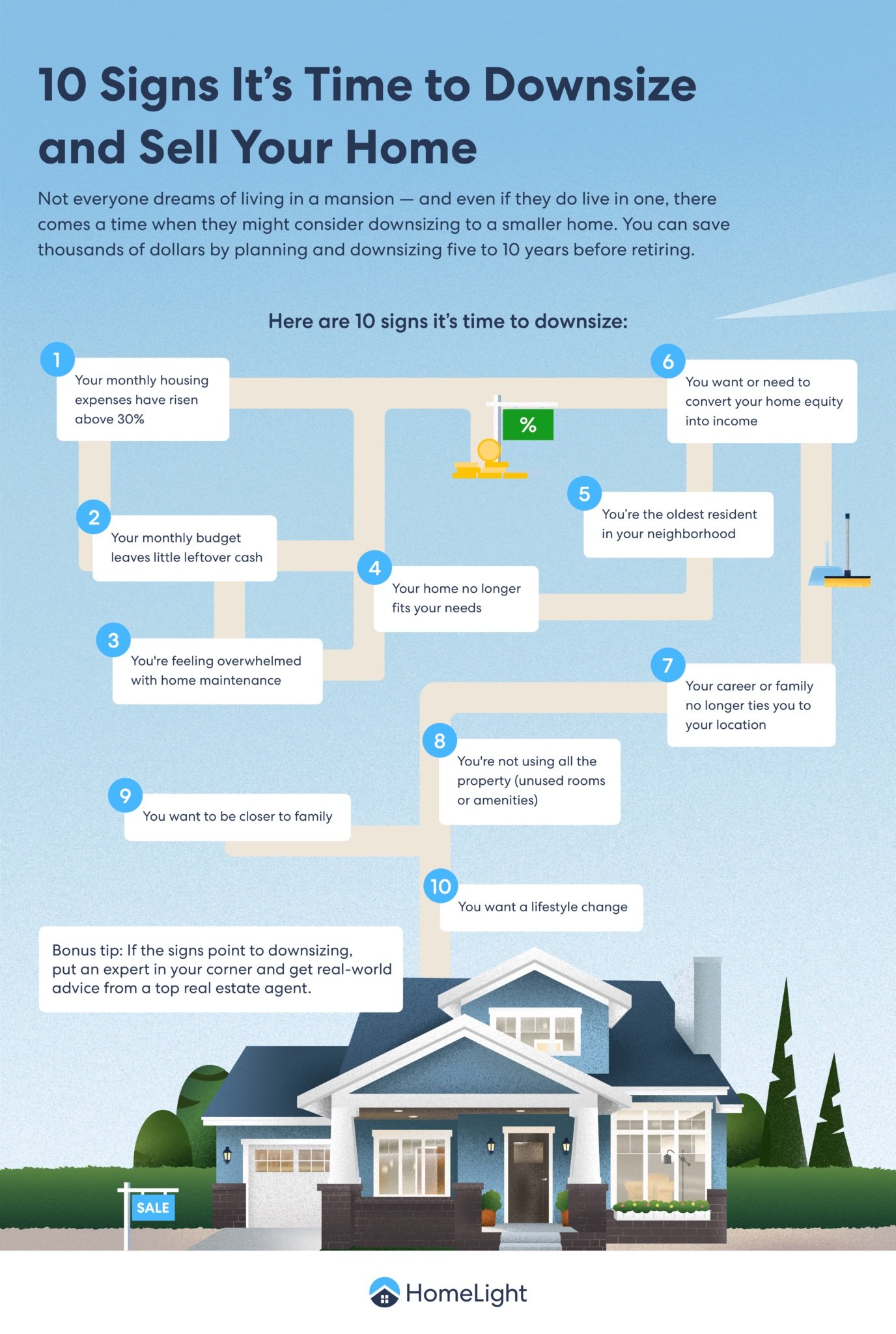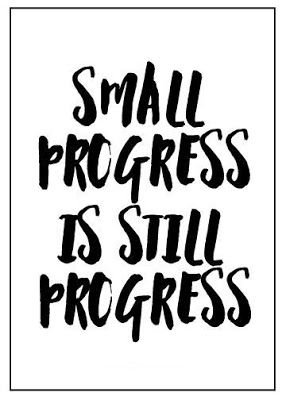When the world within and around you is drenched in chaos, how can you thrive? Humans are complicated beings. We can simultaneously hold profoundly opposite ideas, emotions, and thoughts. We can experience love and safety when wrapped in our loved one’s embrace. We can also experience intense pain when we hear news about wars, hate, displacement, and heartache. The hard stuff can weigh so heavily on you that it can feel impossible to thrive. You might even feel guilty about experiencing joy when there is so much suffering.
Several years ago, I listened to a conversation about opening and cultivating the human heart with Frank Ostaseki, co-founder of The Zen Hospice Project, and Roshi Joan Halifax, Ph.D., Buddhist teacher and Founder of Upaya Zen Center. One of the ideas that resonated with me then and even more now is that hope is essential, especially in a “time of radical uncertainty.” Hope is not about “sappy positivity,” bypassing the truth of suffering, or thinking that everything will be OK.
Thoughts About Hope
During the conversation, Ostaseki and Halifax shared their perspectives about hope:
Hope helps us go beyond the rational.
Hope can be the flip side of fear.
Hope is not based on optimism.
Hope is a surprise. It’s light and buoyant and not about a particular outcome.
Hope reflects an understanding that what we do matters, even though we don’t know how, why, who it will touch, or what will unfold from our actions.
Hope is resistant to futility.
Hope resides in resourcefulness.
Hope speaks to possibilities.
“While you might feel powerless to change the world, you can make your corner more joyous and hope-filled.”
31 Ways to Thrive and Feel Joyful During Chaotic Times
Having hope contributes to being able to thrive. Without it, we give up. Take an active role in cultivating hope. Nourish yourself and others, and create a solid base to grow from. During chaotic times, there are so many things that seem futile. Instead, focus on engaging in simple actions or observations in your control. Hope will grow from there. Consider:
Watching the fall leaves gently float to the ground
Taking a walk along the river with a good friend
Getting a good night’s sleep
Eating a nutritious and delicious meal
Feeling the warm sun on your face
Hugging your loved ones
Reading or listening to uplifting books, articles, and podcasts
Planning something you will look forward to doing
Taking a road trip, even a local one
Brewing and slowly sipping a hot cup of tea
Curling up on the sofa, wrapped in your favorite soft, cozy blanket
Learning something new
Listening to your favorite music
Practicing mindfulness meditation
Organizing that one room that is ready to be tamed
Helping something to grow
Focusing on the inhale and exhale of your breath
Making something with your hands
Pausing in the middle of your day to regroup and reset
Listening to the sounds of laughter
Laughing
Writing in your journal
Smiling at a stranger
Having a ‘do nothing’ day
Checking in by phone, email, text, or in person on your loved ones
Doing something outside of your comfort zone
Helping a client set boundaries, establish priorities, and get unstuck
Noting what you are grateful for
Offering compassion and kindness to someone you do or don’t know
Refusing to give up
Listening to your intuition
Life is a mixture of joy, pain, and everything in between. As humans, we know this is true. Yet even so, it can be challenging to navigate the sadness when your life and the world feel so chaotic and unhinged. While you might feel powerless to change the world, you can make your corner more joyous and hope-filled. You never know how your actions or words will uplift someone else. Be gentle with yourself and others. Nourish your being to have the energy to extend more kindness and compassion to yourself and others.
What helps you thrive during challenging times? What brings you hope? How do you make your ‘corner’ better? I’d love to hear your thoughts and invite you to join the conversation.















